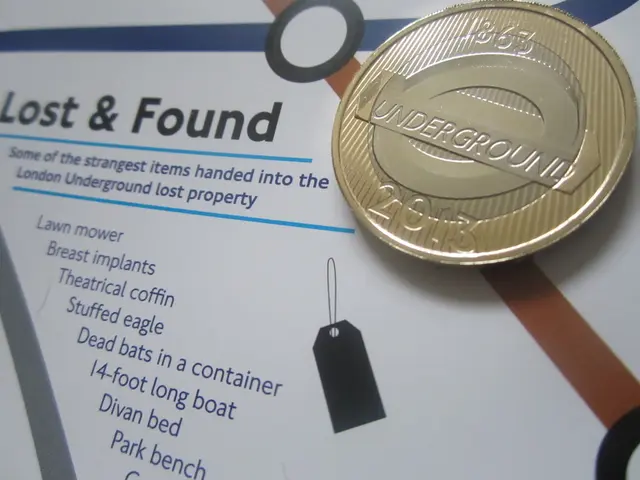Avoid purchasing faulty electronics from stores that may try to evade responsibility
In today's world, where technology like televisions and smartphones are commonplace, it's essential to know your consumer rights when purchasing goods. Martin Lewis, a renowned Money Saving Expert, offers valuable advice on this very topic.
According to the Consumer Rights Act 2015, consumers have robust legal protections when goods do not meet the two key rules: goods must be satisfactory as described and fit for purpose, and they should last a reasonable length of time.
Consumer Rights Under the Consumer Rights Act 2015
- Right to Reject Within 30 Days: Consumers have the right to reject defective goods within 30 days of receiving them and receive a full refund. During this period, consumers can also accept a repair or replacement, but they can insist on a refund if they prefer.
- Repair or Replacement Within 6 Months: Should the fault arise after the initial 30 days but within six months, consumers are entitled to have the goods repaired or replaced at no cost. If these options are not possible, a full refund can be sought.
- After 6 Months: If the fault occurs after six months, consumers can claim a repair or replacement. The seller must prove that the fault did not exist at the time of purchase, which can be more challenging for consumers. If these options are not feasible, a partial refund can be requested.
- Proof of Fault: After the first six months, it is up to the consumer to prove that the fault was present at the time of purchase. This can sometimes require expert evidence or reports.
- Delivery Costs: The seller is responsible for reasonable delivery costs associated with returning faulty goods.
- Legal Action: Consumers have up to six years (five in Scotland) from the date of purchase to take a claim to court for faulty goods.
These rights apply regardless of whether the product was purchased online or in-store, and they protect consumers from faulty, non-conforming, or poorly described goods.
It's important to note that a warranty does not replace statutory legal rights for consumers. Martin Lewis has reminded consumers about their fundamental consumer rights to prevent being "fobbed off."
In conclusion, understanding your consumer rights is crucial in today's market. By knowing your rights, you can ensure that the goods you purchase meet the necessary standards and are fit for purpose. Martin Lewis emphasizes that items must last a reasonable length of time, given they have been used with care and as intended. If a product's lifespan is shorter than expected, it may not meet the "reasonable length of time" requirement.
Remember, the court ultimately decides the reasonable length of time for a product's lifespan. So, if you find yourself in a situation where a product is not meeting the required standards, don't hesitate to exercise your consumer rights. You have the power to seek a full or partial refund, a replacement, or a repair.
[1] - Consumer Rights Act 2015 [2] - Citizens Advice [3] - Martin Lewis' Money Saving Expert [5] - Gov.uk
In the realm of home and wellness, understanding consumer rights can ensure purchased goods meet required standards and last a reasonable length of time. As per Martin Lewis, technology like smartphones and home appliances should adhere to these standards, promoting health and fulfilling their intended purposes.
In achieving optimal beauty and personal wellness, investing in quality products that comply with consumer rights laws is essential for longevity and satisfaction. Technology can facilitate research regarding product reviews, ratings, and compliance with consumer rights, leading to informed and successful purchases.




